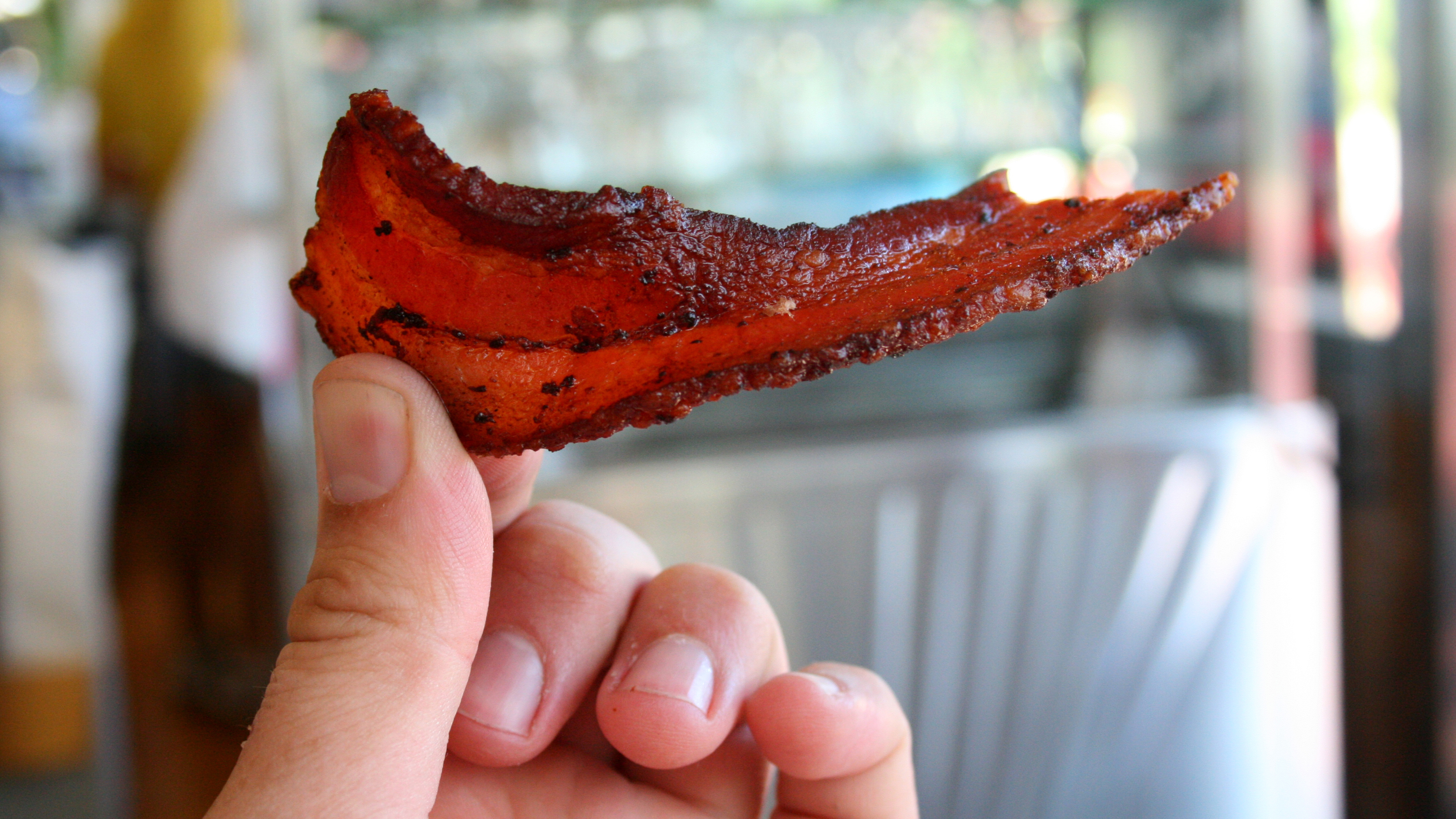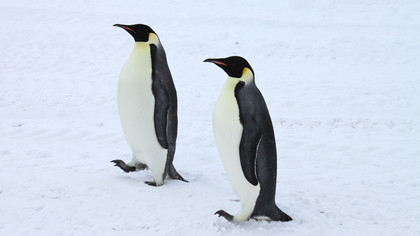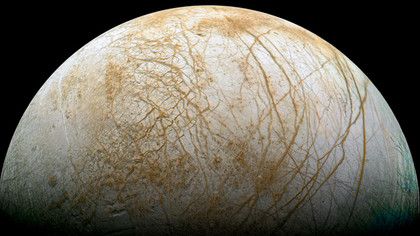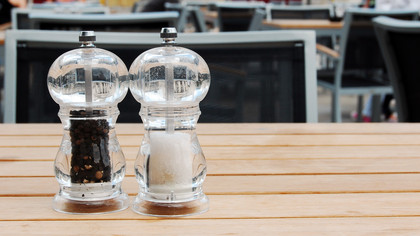
This week we've discovered penguins are actually Antarctic popsicles, that you can smell cancer on your breath, that sons are bad for you - and that salt bodes well for extra-terrestrial life.
And if that wasn't enough, the wonder of science has also found that bacon really does kill you. It's all gathered together for your delectation in another Week in Science.
Two strips of bacon a day keeps the doctor in pay - Fresh after the horse meat scandal, it looks like processed meat is getting another battering. This time a study has shown a link between eating processed meat and an increase in dying young. Researchers found that people who ate more than 160g of processed meat - such as sausages, bacon, burgers or salami - per day were 44 per cent more likely to die than those who ate the equivalent of only one slice of bacon a day. That equates to about one in 30 early deaths as the result of eating processed meat. No such link between fresh meat and early death was found, so it's likely to do with the preparation and preservation process. It's just a shame processed meat tastes so good. [BMC]
The UK is Europe's sickest nation - According to a recent study, the UK is the sick old man of Europe. Problems with binge drinking, drugs and dementia have pushed the UK way down the European health rankings. More people are dying from alcohol, drugs and Alzheimer's disease than ever before in the UK, however there is a silver lining. Deaths from coronary heart disease have more than halved since 1990 in the UK, so at least it shows we're all looking after our hearts. [The Lancet]
Penguin popsicle - Scientists studying the majestic Emperor Penguin have made a startling discovery. The insulation of the penguin's tuxedo-like coat is so good that the surface of its feathers are actually colder than the Antarctic air. Temperatures as low as -23C (-9F) were recorded, which is about 3C (5F) below the surrounding air temperature. Apart from hotspots such as their beaks, feet and eyes, in effect, the penguins are actually cooling the place down. Take that global warming. [Biology Letters]

Cancer smells, and so does your breath - Early diagnosis of cancer is absolutely crucial for treatment and patient survival. The problem is that unless someone presents symptoms, testing for and discovering cancer is difficult at best. Now scientists from China and Israel have shown that a simple breath test can detect stomach cancer up to 90 per cent of the time. Cancer gives off a unique blend of volatile organic compounds that can be detected on the breath. The breathalyser detection method could be used for lung cancer too, and possibly others, meaning much faster and earlier diagnosis. Soon you might be breathing into a tube as well as having your blood pressure taken on routine trips to your doctor. [BBC]
A salty Europa bodes well for life - A fresh look at one of Jupiter's moons, the ice-ball Europa, has shown that its liquid inner could be comprised of salty water. A substance, which is thought to be magnesium chloride, has been spotted swelling from the liquid ocean beneath Europa's frozen surface. Chloride salts are thought to be pro-life, as we know it at least, which means there's a possibility life may exist in some form or another within Europa's freezing oceans. ET could be closer to home than we'd previously imagined. [New Scientist]
Sign up for breaking news, reviews, opinion, top tech deals, and more.

Congratulations, it's a boy, time to start planning your funeral - When people wish for a certain sex of child it's doubtful they ever think about the consequences on their own lifespans, but perhaps they should. A study from the University of Turku in Finland showed that having boys actually shortens the mother's lifespan by a small, but significant amount. By contrast, having daughters actually increased the mother's time in this world. However, other studies of gender bias and the lifespan of parents have shown mixed results. It's entirely possible this is an isolated effect, but it's certainly food for thought. Maybe that's something else you can blame the kids for. [Scientific American]
Kick the salt habit, it's not just bad for your heart - Salt may be a taste-explosion, but it's bad for you. Not only does heavy salt intake increase the risk of a heart attack or stroke, it might also cause certain auto-immune diseases. New findings suggest that salt causes the proliferation of TH17 cells, immune cells normally dedicated to destroying fungi and bacteria. However, when failing to specialise they can also attack your own cells under the right conditions, causing an auto-immune disease such as multiple sclerosis (MS). In fact, there's a hypothesis that increasing auto-immune disease prevalence in modern populations - such as type 1 diabetes - could be caused, in part, by the large increases of salt in modern diets. More research is needed, but perhaps it's time to cut down on all that salt you slather over everything? [Science]
